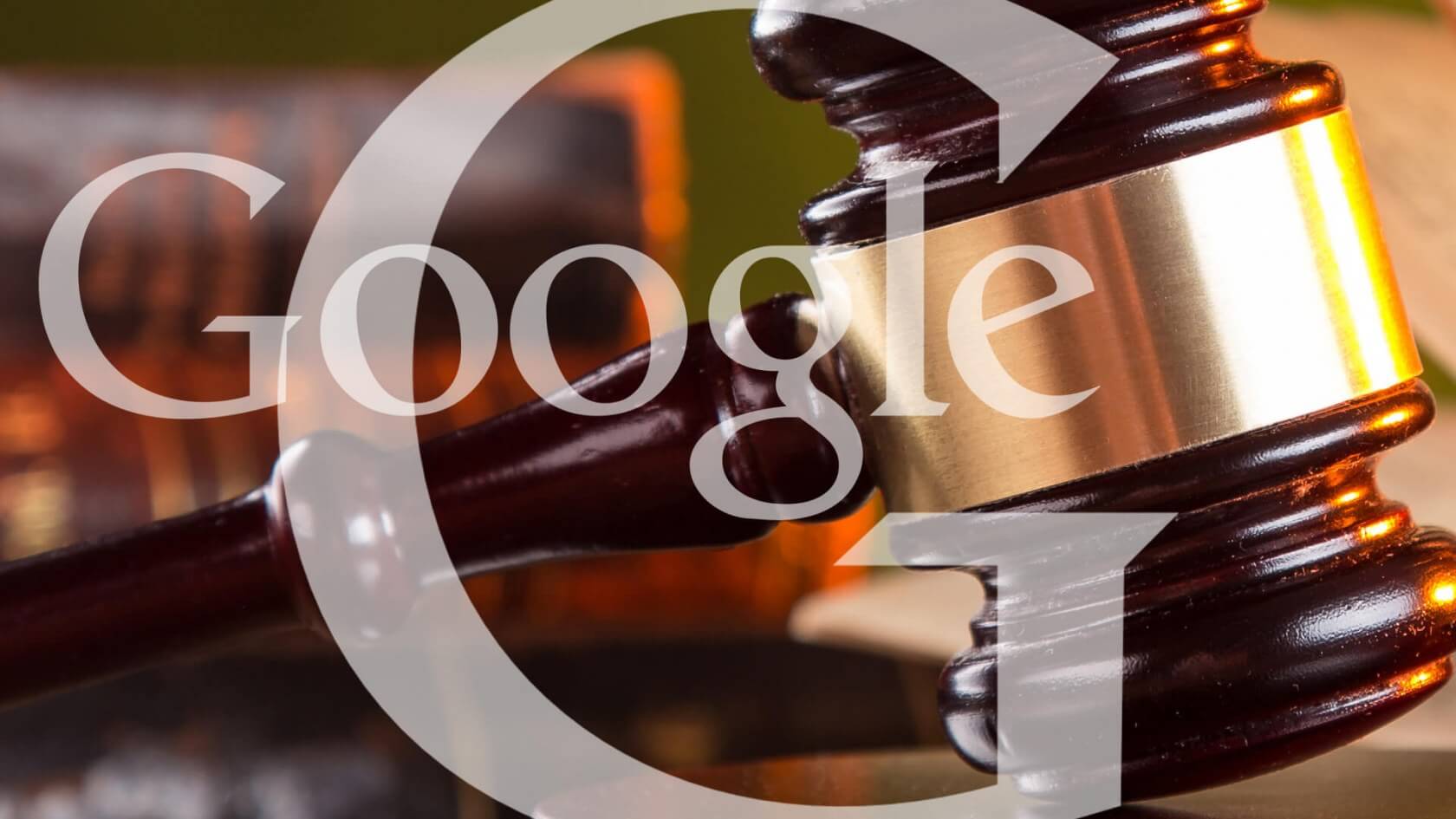What just happened? Google's not had the best of luck when it comes to avoiding big fines, but the company just got some welcome news from the UK. The country's High Court has blocked an attempt to sue the firm for allegedly collecting sensitive data from 4 million iPhone users.
Back in November last year, a campaign group called Google You Owe Us, led by the former director of consumer body Which?, Richard Lloyd, says Google bypassed the default privacy settings on iPhones between June 2011 and February 2012 to place tracking cookies on the devices. While Google claimed it used the workaround only for its Google+ recommendation system, the lawsuit says it tracked "internet browsing history, which Google then used to sell a targeted advertising service."
The information collected by Google is said to have included data on race, sexuality, political leanings and social class, all of which were used to create groups such as "football lovers." Users' financial situation, shopping habits and their geographical location were also alleged to have been gathered.
The groups was looking to win at least £1 billion ($1.3 billion) for around 4.4 million people who used an iPhone during this period.
Mr Justice Warby, who oversaw the case, blocked the action because Lloyd had failed to prove the iPhone users had been damaged by Google's alleged actions, and that it would be difficult to calculate the number of people affected. He added that while Google's role in the data collection could be seen as "wrongful," the biggest winners of any award would be "the funders and the lawyers."
"Today's judgment is extremely disappointing and effectively leaves millions of people without any practical way to seek redress and compensation when their personal data has been misused," said Lloyd, who is seeking to appeal the verdict.
Google, which paid $39.5 million to settle similar claims in the US, welcomed the ruling. "The privacy and security of our users is extremely important to us. This claim is without merit, and we're pleased the court has dismissed it," said the company.
